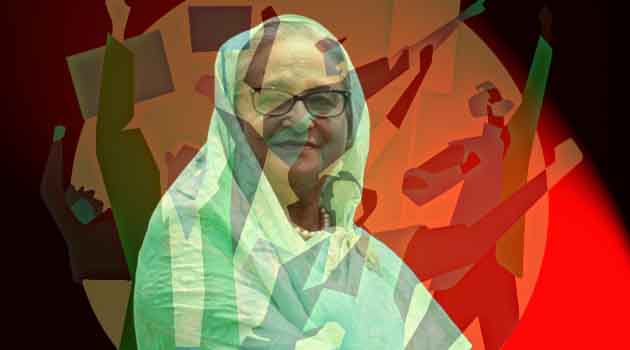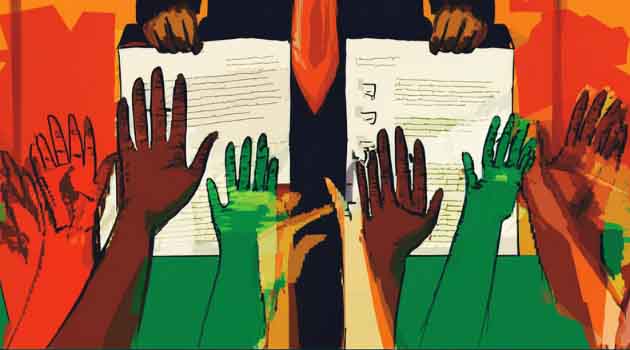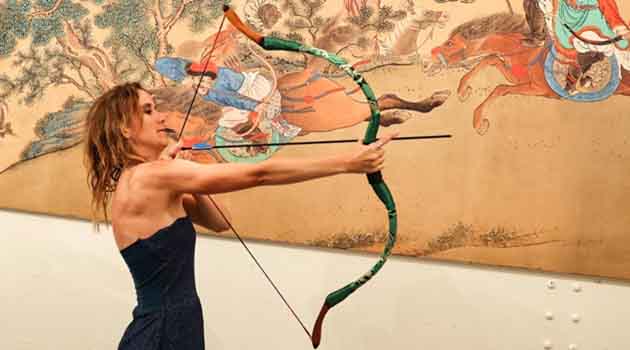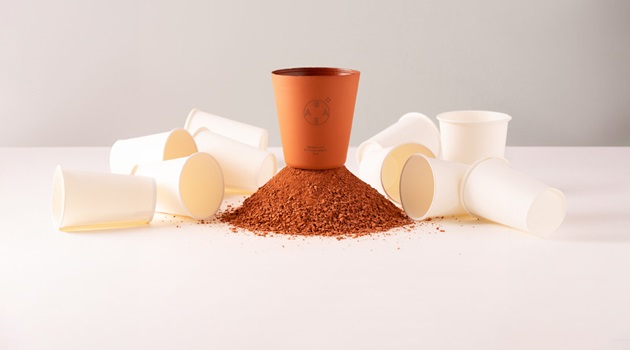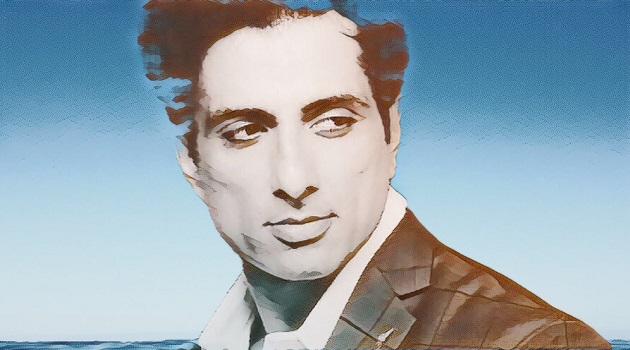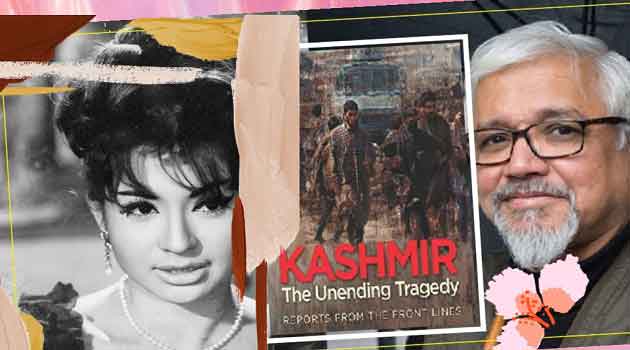India is a ‘Priority Market’ for arms sales
The arms industry has inserted itself into the very heart and machinery of governments giving it totally disproportionate access and influence over vital areas and warping public policy, say pressure groups.
According to them, arms companies have long enjoyed a close relationship with governments, giving them immense influence over government decision-making.
The United Nations, in its work to assist people all over the world, is confronted every day with the negative impact of lax controls on the arms trade. In all parts of the world, the ready availability of weapons and ammunition has led to human suffering, political repression, crime and terror among civilian populations. Irresponsible arms transfers can destabilize security in a region, enable the violation of Security Council arms embargoes and contribute to human rights abuses.
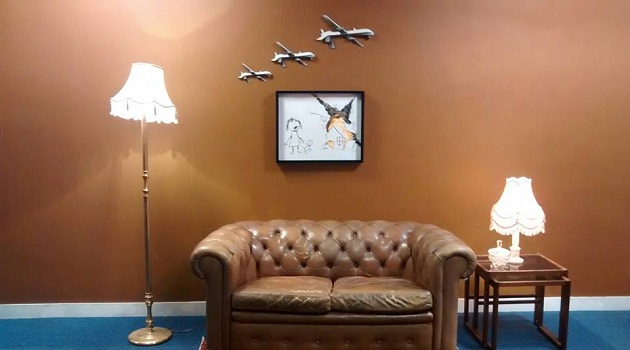
There are many opportunities for arms companies to gain access to and influence the governments:
- from the thousands of hours of meetings,
- to the revolving door between companies, military and government,
- to the industry bodies within government itself.
The influence of this network of relations and massive integration warps government priorities in favour of private commercial interests and leads to the public interest becoming conflated with corporate interests, preventing a proper debate about policies that would do more for the long-term security of people across the world.
We can see the damaging impacts of this influence when
- Arms sales are prioritised over arms control.
- Business is prioritised over human rights.
- Narrow and dangerous visions of security dominate.
UK-based Campaign Against Arms Trade (CAAT) says the arms business has a devastating impact on human rights and security, and damages economic development.
Large scale military procurement and arms exports only reinforce a militaristic approach to international problems, it adds.
One arms manufacturer developed a missile simulator for children to play with, while another provided classroom workshops to encourage children to think how camouflage could prove advantageous on the battlefield. Click here to read the damning report.
CAAT, awarded the Right Livelihood Award, the Alternative Nobel Prize, in 2012, considers that security needs to be seen in much broader terms that are not dominated by military and arms company interests.
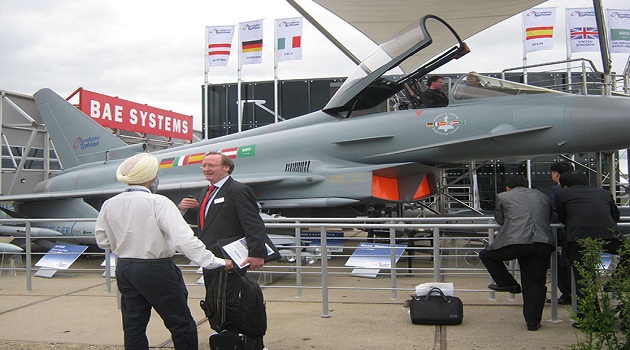
It feels a wider security policy would have the opportunity to reallocate resources according to actual threats and benefits, including addressing major causes of insecurity such as inequality and climate change.
CAAT lists India as a ‘Priority Market’ for arms sales despite being home to a third of the world’s poor, and says the country is the subject of intensive arms promotion activity.
There is often confusion about the legality of the arms trade, with the impression given that it is the illegal trade that is damaging while the legal trade is tightly controlled and acceptable.
Million dollar questions that thus need answers are:
- Is the arms trade a deadly, corrupt business?
- Does it support conflict and human rights-abusing regimes while wasting valuable resources?
- Does this happen with the full support of governments around the world?
- And how true is the claim that the arms trade is dominated by the five permanent members of the UN Security Council: China, France, Russia, UK and the US, along with Germany and, increasingly, Israel?
Around $100 billion worth of arms are sold every year, with buyers spread across the world. Some of the largest purchasers are in the Middle East and South and East Asia.
The arms themselves range from fighter aircraft, helicopters and warships with guided missiles, radar and electronic warfare systems, to tanks, armoured vehicles, machine guns and rifles.
According to Pieter Wezeman, senior researcher at the Stockholm International Peace Research Institute, arms trade is a thriving global industry, with the total international trade in arms now worth about $100bn per year.
The major exception to this seems to have been Africa where (between 2008-12 and 2013-17) arms imports by African countries fell by 22 per cent.


